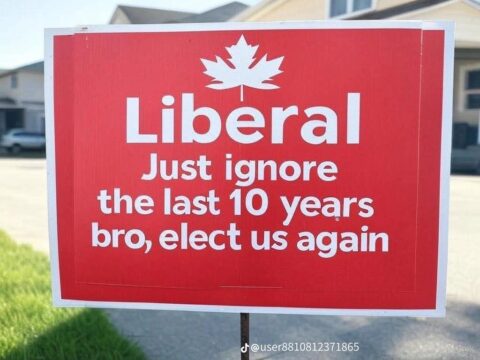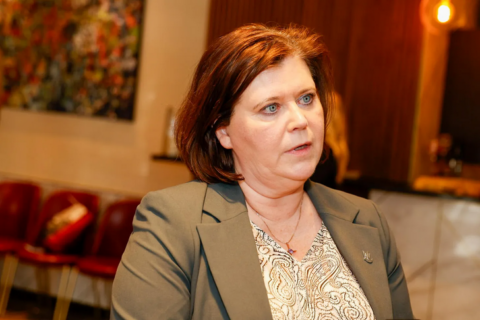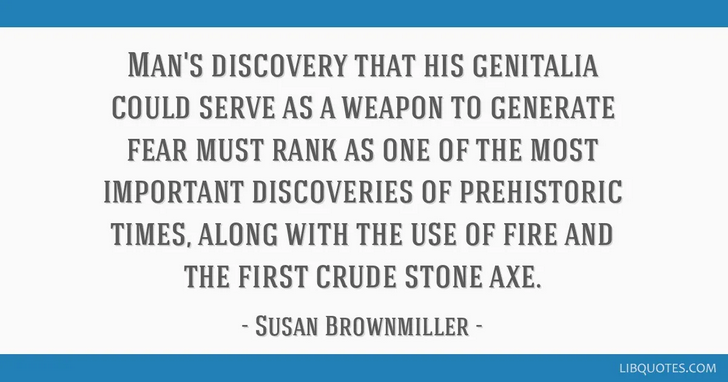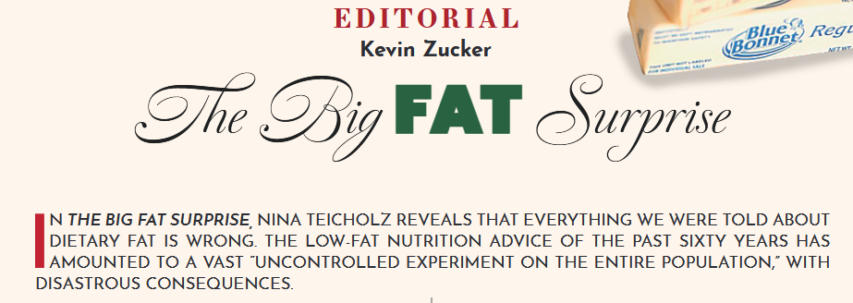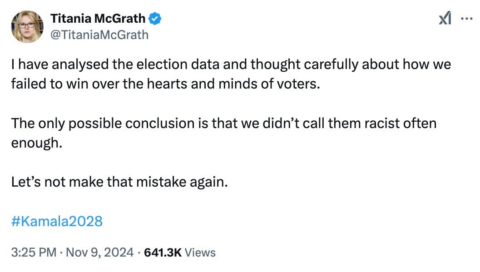One of the recent events in the federal election campaign — the Liberals finally getting rid of their toxic candidate in Markham-Unionville — has been reciprocated by the Conservatives dumping their candidate in a southwestern Ontario riding and another in the Montreal area. While the Liberals dragged their feet for several days, the Conservatives have been much faster to pull the ejection handle for their bozo eruptions (some might say too fast), but Poilievre absolutely did not want the kind of media circus that Carney enabled over the Chiang scandal.
The Liberals have been doing what they can to gin up angst and outrage over a recent Pierre Poilievre comment that they’re trying to portray as being somehow misogynistic and insensitive. In The Line, Melanie Paradis says that it’s nothing of the sort and instead it highlights a genuine concern for young Canadian women and their partners:
I just turned 40. I have two beautiful children — three-and-a-half years old and eight months — and I want a third.
That statement raises eyebrows. After all, I run a successful business. I work more than full-time. I live in the same economy as you. And yet — I want another baby. Not because I’m reckless. Because I love being a mom. Because I believe in investing in the future. Because I want to.
And in today’s Canada, that feels like a radical act.
This election, the conversation is dominated by Trump’s tariffs, and understandably so. But as we analyze different sectors that will be impacted by tariffs, and develop policy prescriptions for the hundreds of thousands of jobs that could be lost, where are the policies for the millions of young Canadians pausing their hopes and plans for children because of so much uncertainty? The untold story of Trump’s tariffs and threats is that the quiet collapse of Canada’s birth rate will only worsen. Nothing kills the mood or your hormonal balance quite like Trump.
Of course, the second Pierre Poilievre mentioned this, the Liberals couldn’t resist twisting it into a tired attack line about reproductive rights.
On Monday, Poilievre said, “We will not forget that 36-year-old couple whose biological clock is running out faster than they can afford to buy a home.” This is a statement rooted in the biological and economic realities of being 30-something and trying to conceive. Yet the Liberals are tripping over themselves to condemn Poilievre for somehow insulting women.
What a total misread. Poilievre is the only politician in this campaign who is speaking openly and clearly about a real issue that is radicalizing young Canadians: it has become far, far too hard to start and support a family in this country, and that is obviously a burden that lands entirely on the young. Given the demographics of the average Liberal voter, I can get why this would be below the radar for the party, but I’m begging them, and setting politics aside when I do, to stop viewing this as a moment to launch a political attack on your rival and instead ask if this is actually a national issue that we should be talking about more, not less. Even if the politician happens to be a man.
To my Liberal friends: You are punching down on hurting people when you dismiss this issue, and since this might matter to you more, you’re hurting your electoral chances, too. Your party has a blindspot here, and the issue is too important to become a partisan football. Like, my dudes, for all your stupid rhetoric about The Handmaid’s Tale, have you read the damn book? It starts with a fertility crisis and birth rate collapse. If you don’t want the red capes, maybe we should get out in front of the issue?
The latest round of Trumpian tariffs let Canada off easier than other American allies and trading partners in President Trump’s “Liberation Day” announcement:
While the rest of the world was trying to determine the length and breadth of the shaft, Trump waved around a cardboard chart that named their country and the percentage tariff hike they could expect to be hit with.
Top of the list was China, which will see a 34 per cent increase in the tariffs on its exports to the U.S. (on top of the previous 20 per cent). Japan will be hit with a 24 per cent increase and the European Union with 20 per cent.
But half of the chart was hidden behind Trump’s podium, so it took a while to figure that Canada was not on the list.
It was only after the Rose Garden press conference concluded that it became apparent that Canada is exempt, or at least the exports to the U.S. covered by the Canada-U.S.-Mexico trade agreement are not impacted (and they account for more than 90 per cent, according to RBC Economics).
However, the previously announced 25 per cent tariffs on autos, and on steel and aluminum from Canada remain in place.
The broad-based exemption is good news but the crisis facing the Canadian economy remains dire. As has been pointed out by many industry insiders, no auto plant in Canada can survive 25 per cent tariffs for an extended period at a time when their profit margins are less than 10 per cent.

